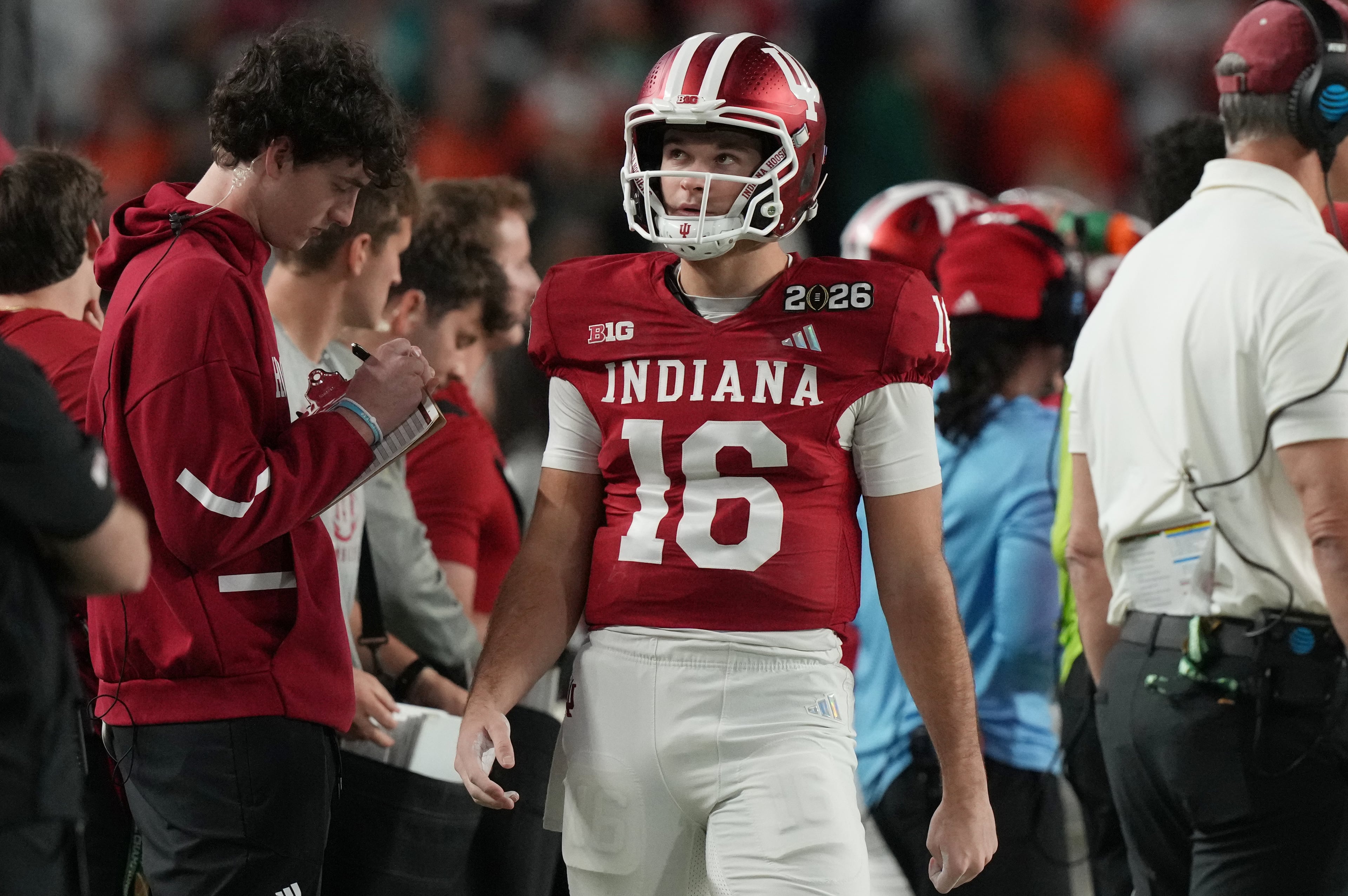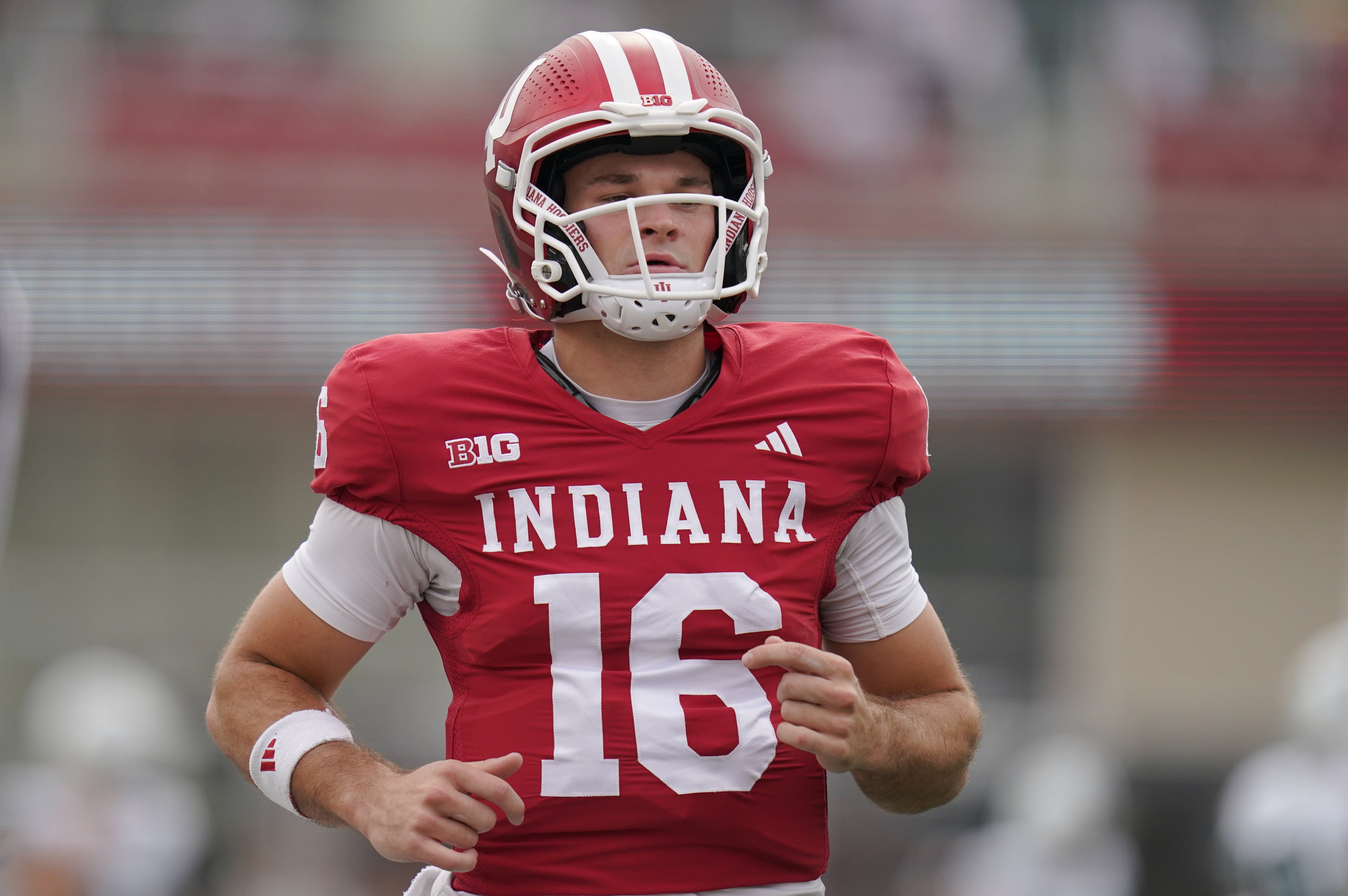Paul Johnson on transfer trend: ‘Kids have such a sense of entitlement’

As might be expected, Georgia Tech coach Paul Johnson shed no tears for the three players who have elected to transfer from the school to play elsewhere.
Johnson spoke Monday following the Yellow Jackets’ first bowl practice in response to the transfers of B-back Marcus Marshall, cornerback Dorian Walker and linebacker Emanuel Bridges, calling out the entitlement that he perceives among players in this generation. Transferring has become a growing trend in football, following the pattern of basketball.
“It’s pretty normal, if you look,” he said. “Kids leave for a myriad of reasons. My take has always been, if somebody doesn’t want to be here, I’m not going to stand in the way of letting them leave. So with some kids, they have legit reasons and others are impatient and think they should be playing.”
Johnson declined to get into the specifics of the players’ reasons for leaving Tech, saying “I’m not going to get into why who left where, who went with Sally. They all have their reasons.”
However, asked further on the topic, he returned to what he sees as impatience for playing time.
“It’s just the nature of the beast nowadays,” he said. “The kids have such a sense of entitlement. Nobody wants to wait their turn sometimes.”
Johnson recalled his own childhood growing up in Newland, N.C., where he said he couldn’t recall being on a team where there wasn’t a cut or that had rules about ensuring every team member was able to play, a common policy in youth sports.
“It’s just changed,” he said. “I think that it’s not so much the kids. It’s just society in general.”
Johnson did have an appreciation of the difficulty that players often encounter. He noted how each player on scholarship was the best player on his high-school team, or one of the best. He then comes to college and now finds himself competing with as many as 84 other teammates who enjoyed the same status.
“Some kids can handle it better than others,” he said. “It’s just kind of the way it is.”
Johnson said no restrictions are being placed on where any of the three can transfer. Given that Walker and Bridges have both used their redshirt year, Johnson noted that they would have to sit out another year and lose a year of eligibility if they were to transfer to another FBS school. They could play immediately at an FCS school.
Walker has three years of eligibility remaining; Bridges has four. Marshall played his first two years on campus and has three years to play his final two, so he could go to another FBS school without losing a year of eligibility.
“It’s not a phenomenon that’s just happened,” Johnson said. “Thank goodness it’s not as bad as basketball.”



